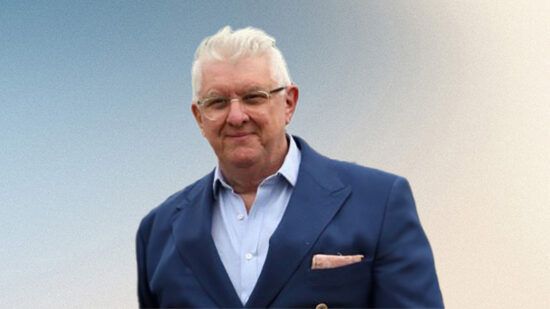Nearly half of Europe’s top Nordic investors are engaging in impact investing – although only 5 per cent of their portfolios remain dedicated to impact strategies.
The study, conducted by NN Investment Partners among 37 Nordic investors with combined assets of €925bn, found nine out of 10 of these investors are interested in impact investing.
Just under half (43 per cent) are currently investing in impact strategies, while an additional 22 percent have plans to invest.
Although some of the survey respondents, who are based in Denmark, Sweden, Norway and Finland, think an ESG approach may cost them returns, two-thirds (75 per cent) of those with established allocations to impact investments believe net returns will differ very little from traditional strategies.
However, on average, investors allocate only close to 5 percent of their total portfolio to impact strategies, the survey showed.
These strategies are considered to invest for the greater good while helping to reduce longer term portfolio risk. They also offer access to sustainable growth companies, offering a more viable return stream, according to NN IP.
“Nordic institutions, especially those in Sweden, are leaders in the field of ESG integration, but investors across Europe and globally display a clear desire to improve,” Edith Siermann, head of fixed income and responsible investing at NN IP, said.
“Improved risk and return and sustainable growth are also important, which explains why many investors have indicated to us that they want a broad range of impact products to choose from.”
Investing to support the environment is top of the agenda for investors, with 97 per cent describing it as ‘very important’, versus 81 per cent and 73 per cent who cite governance and social factors respectively.
In terms of listed equities, Nordic investors prefer global impact strategies that target multiple UN Sustainable Development Goals (SDGs) – ranking them an average 3.6 on a scale of one to five.
Strategies focused on single themes such as water, healthcare, or energy efficiency rank lower at 2.67 and focused strategies that target a single SDG, such as low carbon funds, rank at 2.56.
“The reasoning for this is often a preference for making a broad impact and difficulties in scaling up narrowly focused strategies,” Siermann added.
Nordic investors see green bonds as the epitome of fixed income impact investing, ranking them 3.69, followed by corporate bonds (3.34) and thematic funds (2.77).
Private equity ranked top for private market impact preferences at 3.78, followed by private debt (3.58), infrastructure (3.25) and thematic funds (2.72).
NN IP warned there are still hurdles to be overcome in the impact market, including the limited size of the investable universe, fee models that are out of synch with the going rate for impact strategies, and the complexity of allocating to SDGs.
“Whereas the last decade has been about exclusion, the next 10 years will be about how to measure and increase impact,” Siermann said.
“This is one of the pillars of our responsible investing approach because the better you can measure an impact, the better you can make one.”








